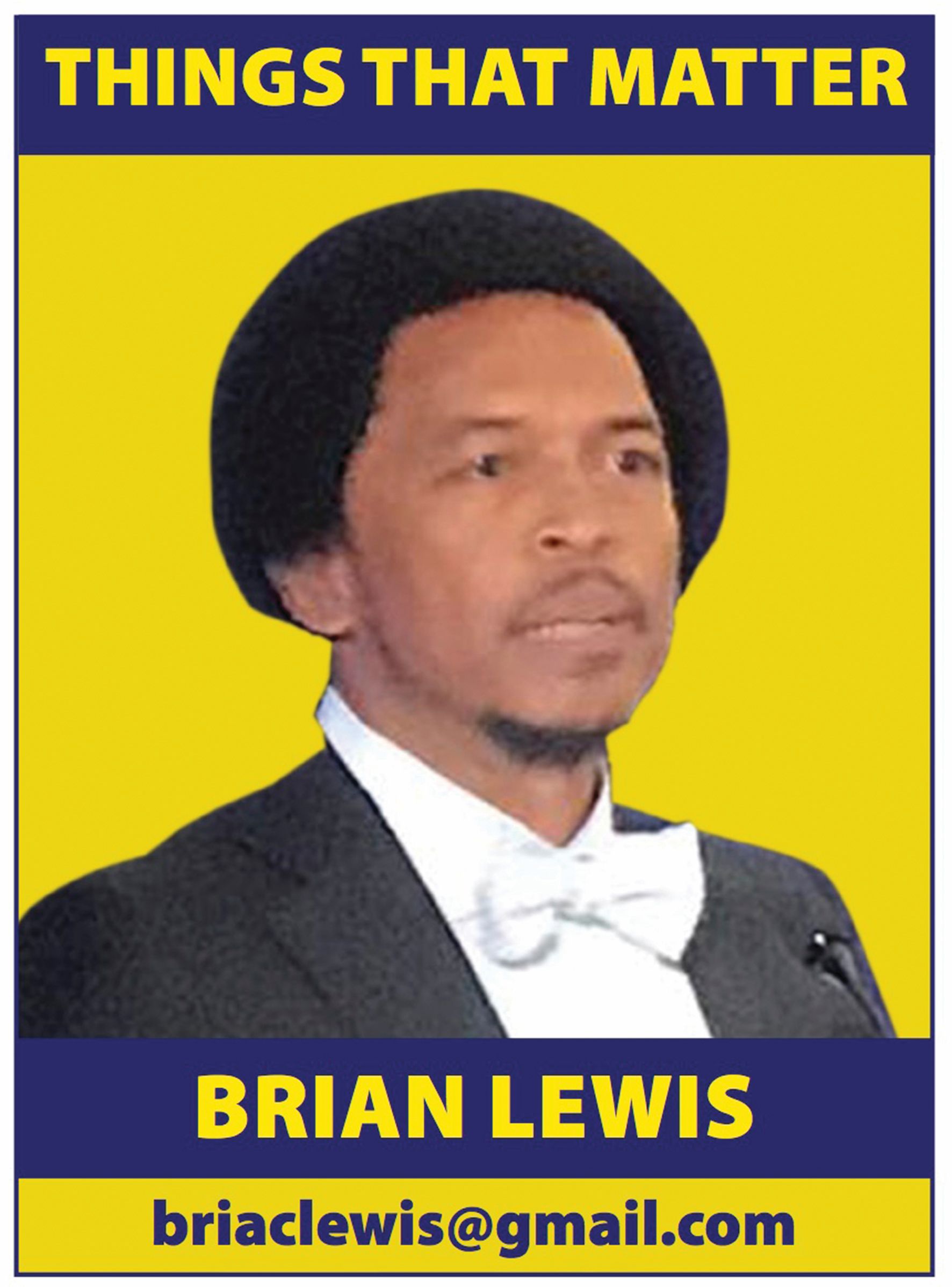There are so many different views about almost everything under the sun.
Life no matter how we try to keep it simple, it’s complex. Human beings are complex beings. You think you solve a problem only to discover that a very well-intentioned solution only opens another Pandora box of unintended consequences.
Regardless, one constant I believe that will always be important is a willingness to keep learning.
Sometime last year, I was reading the spring 2021 edition of the Harvard Business Review- a special edition. The theme of the special issue was “How To Build Career Resilience - Recover from setbacks, get unstuck and prepare yourself for the future”.
Two articles, in particular, caught my attention- one written by Dorie Clark and Patricia Carl entitled: “How to Reset Your Goals During a Crisis”. The other is by Serena Chen - “Give Yourself a Break: The Power of Self-Compassion”.
During the COVID-19 pandemic which is still ongoing mental health has become a full-on priority. The disruption and devastation - the uncertainty and unpredictability - the doom and gloom have everyone under extreme and unprecedented stress and pressure.
Add in the brutal reality of social media. The intense and real-time—24-hour × seven-day scrutiny—the cancel culture, misinformation. It has been an incessant boiling point. Burnout, frustration, hopelessness, and pessimism are predominant. People are just fed up.
The economic circumstances are uncertain. Lay-offs are all around. Many are trying to figure out what are their options. How do they cope? How do they bounce back? How do they stay positive in these unprecedented tough times? How do they recover emotionally?
Recently, I was telling someone: “Fear Not! Whatever the crisis there are opportunities.” But in taking that approach I also recognised the need to have empathy. Because of the reality of COVID-19 on all fronts of human existence including the loss of loved ones. People have become bitter. They have lost trust in leaders. They are lashing out and blaming.
I accept there is a delicate line between maintaining a confident and optimistic outlook on life and giving the impression you are dismissing or diminishing someone’s pain.
In the article, I mentioned earlier written by Chen, the writer made the point that when people experience a setback it’s common to respond in one of two ways. Either, we become defensive and blame others, or we berate ourselves.
The article further argued that neither response is helpful. That while avoiding responsibility by getting defensive may alleviate the sting of failure but it comes at the expense of learning. Self-flagellation as the writer describes it can lead to the undermining of personal development.
It’s a lot to take in—people are just tired, frustrated, worried, stressed out, and need not just help but assurance. Leaders need to rebuild trust. Like everything else that we all have to deal with, it all seems easier said than done. But to move past the crisis and move forward, we must face the reality and complexity and all else. Yes, it’s easier said than done but we have to get it done.
There is no turning back. In moving forward, we must take care of our mental and physical health they are of equal importance. Not everything will fit neatly in our time-line or schedule. You can’t rush progress; it is what it is. It will take as long as it takes.
A clear view in a complex word—life is not determined by what you want. Life is determined by the choices you make. Sport is a microcosm of life. As in life so it is in sport. One step at a time, one day at a time, one training session at a time.
Fear Not! We will overcome.
Editor's Note
The views expressed by the writer are not the views of any organisation in which he has an interest.

